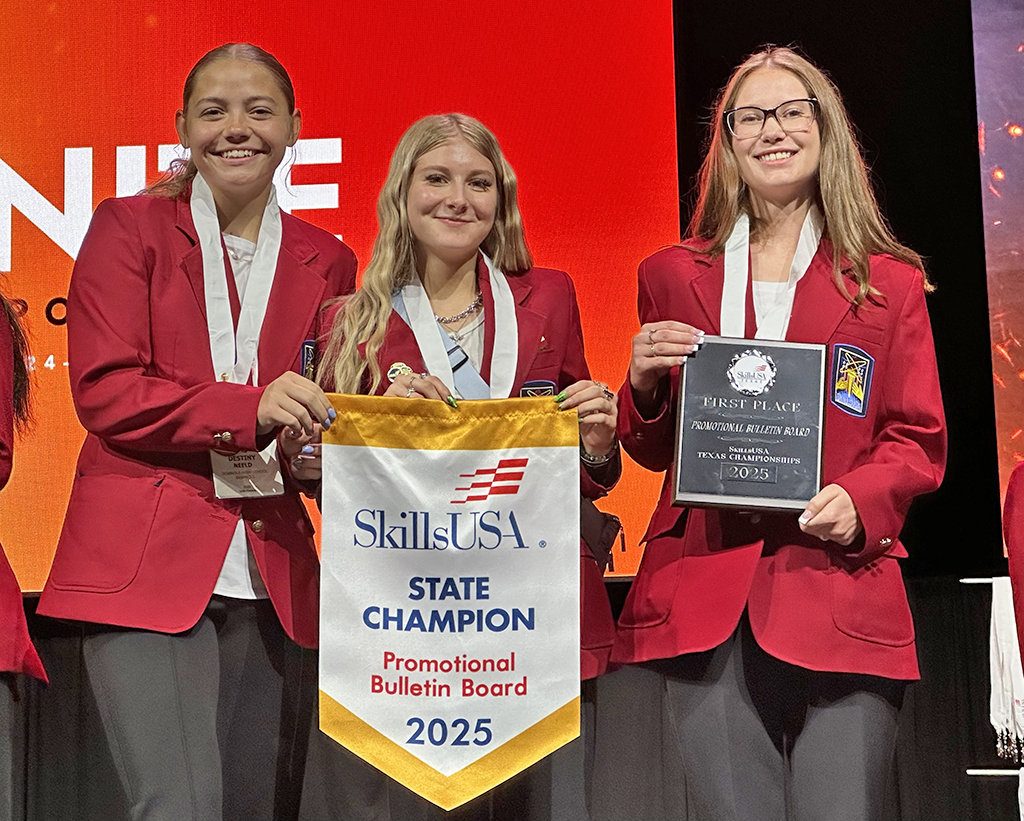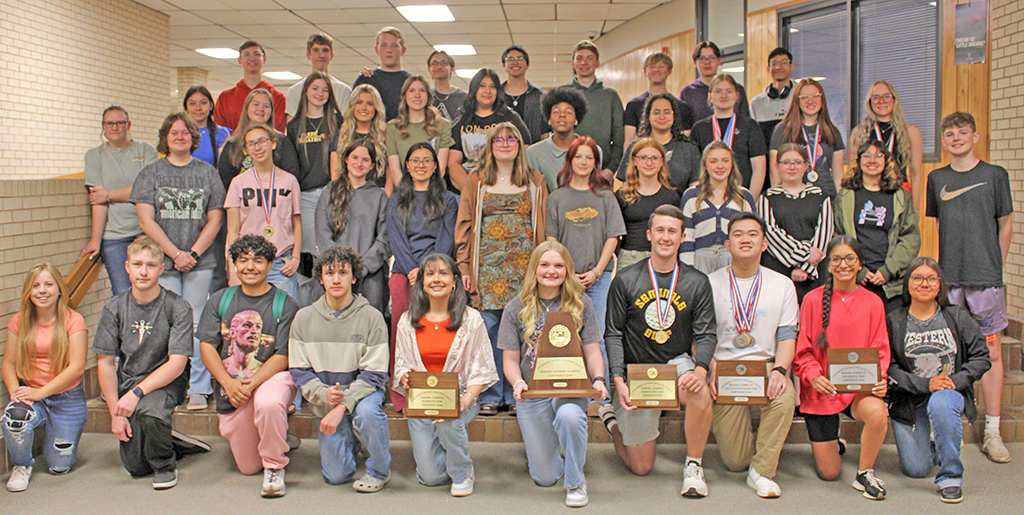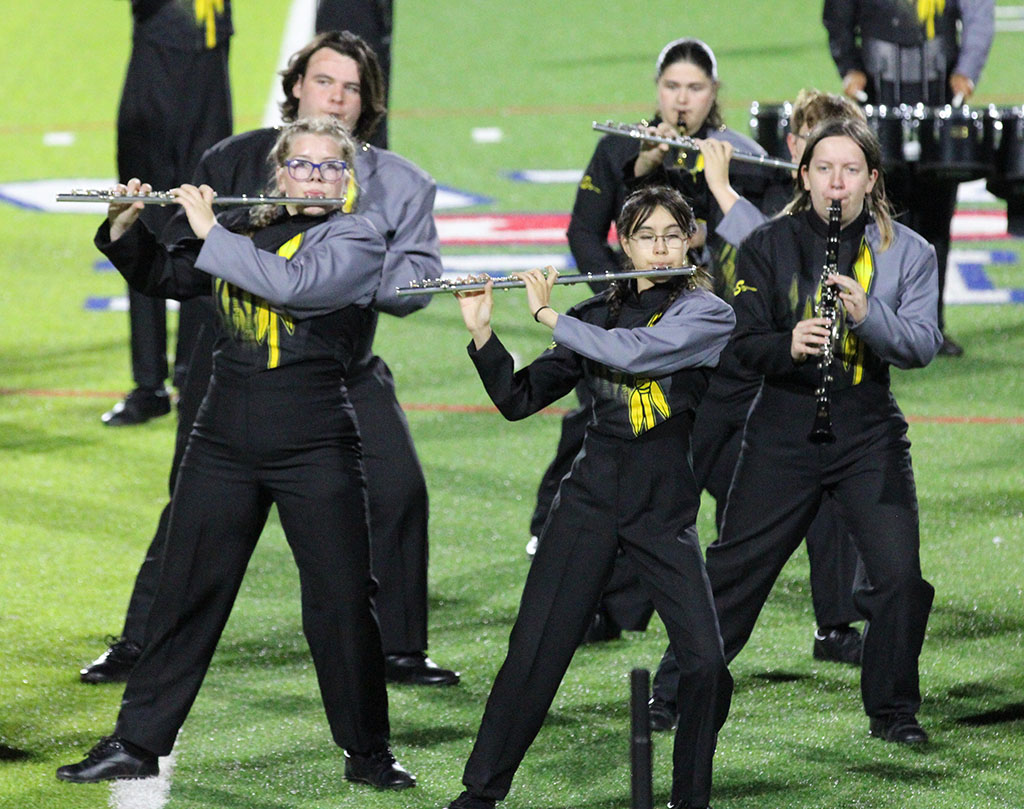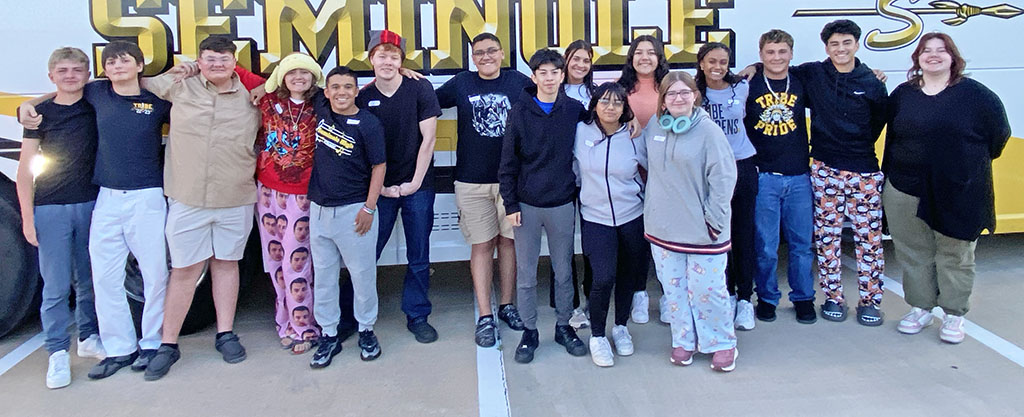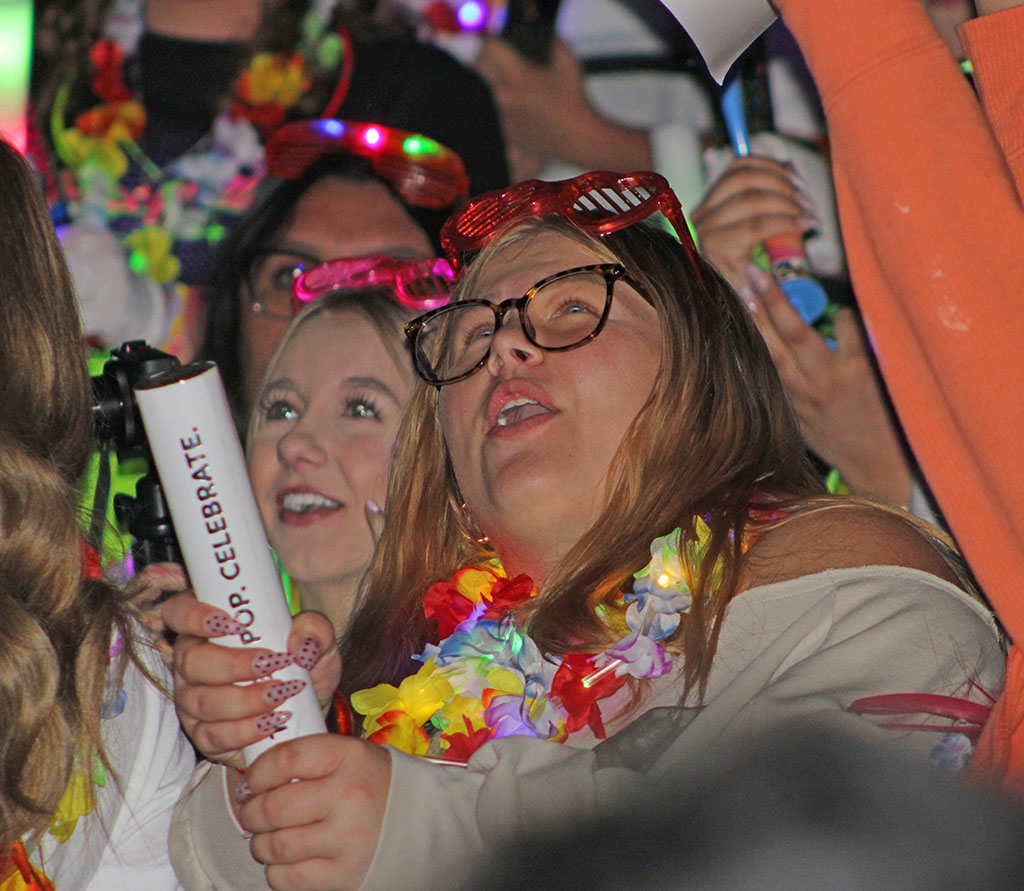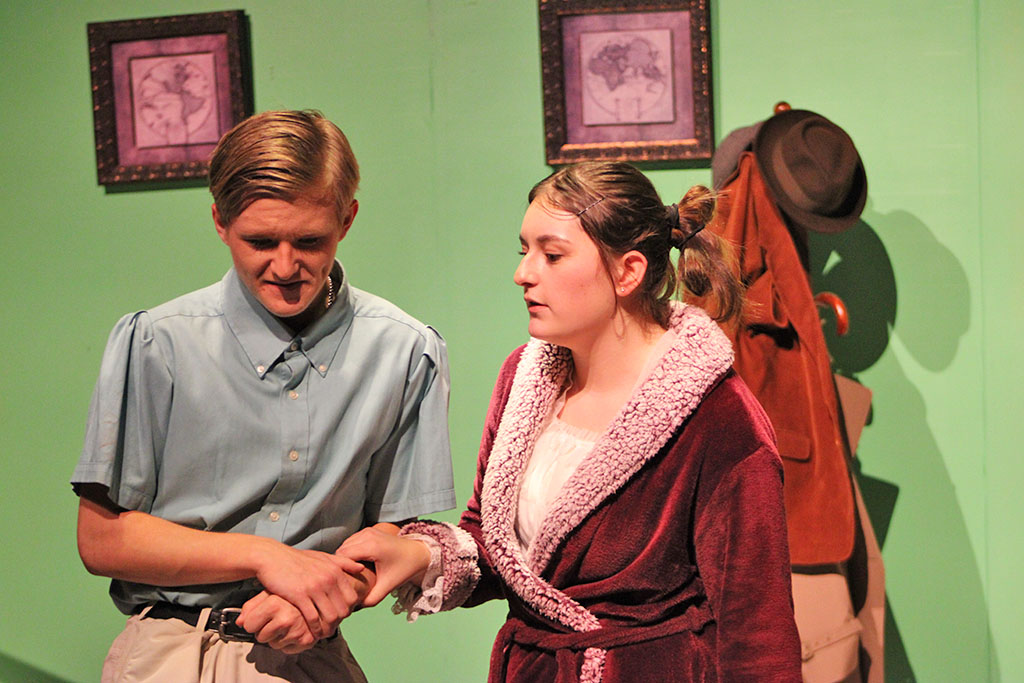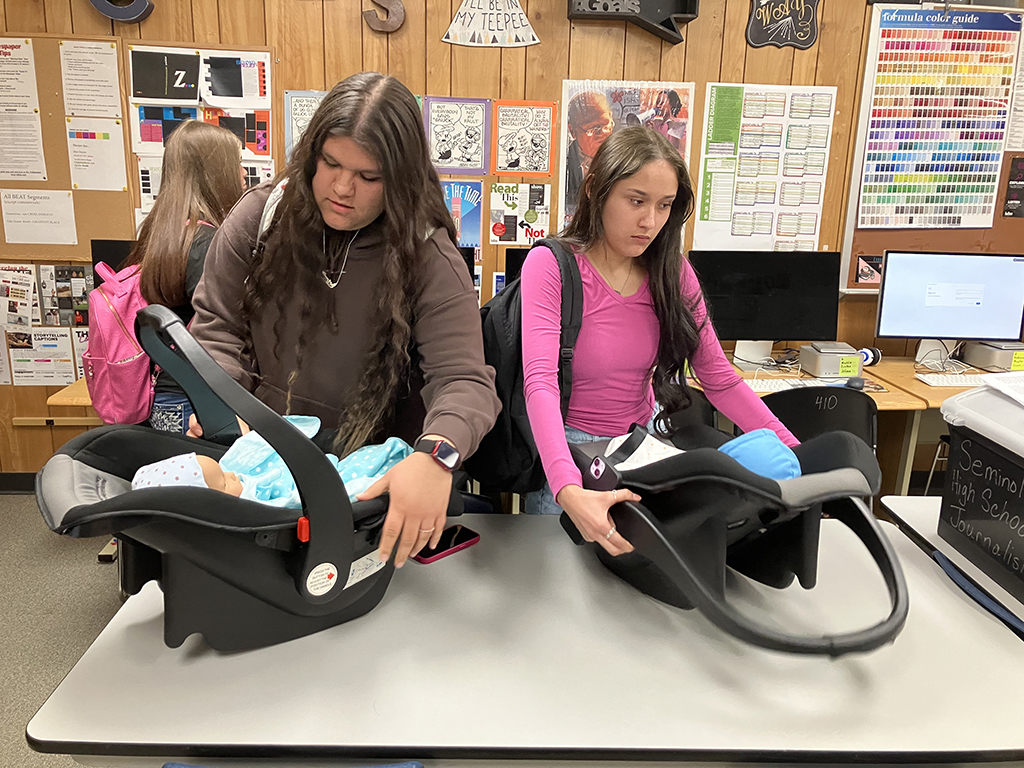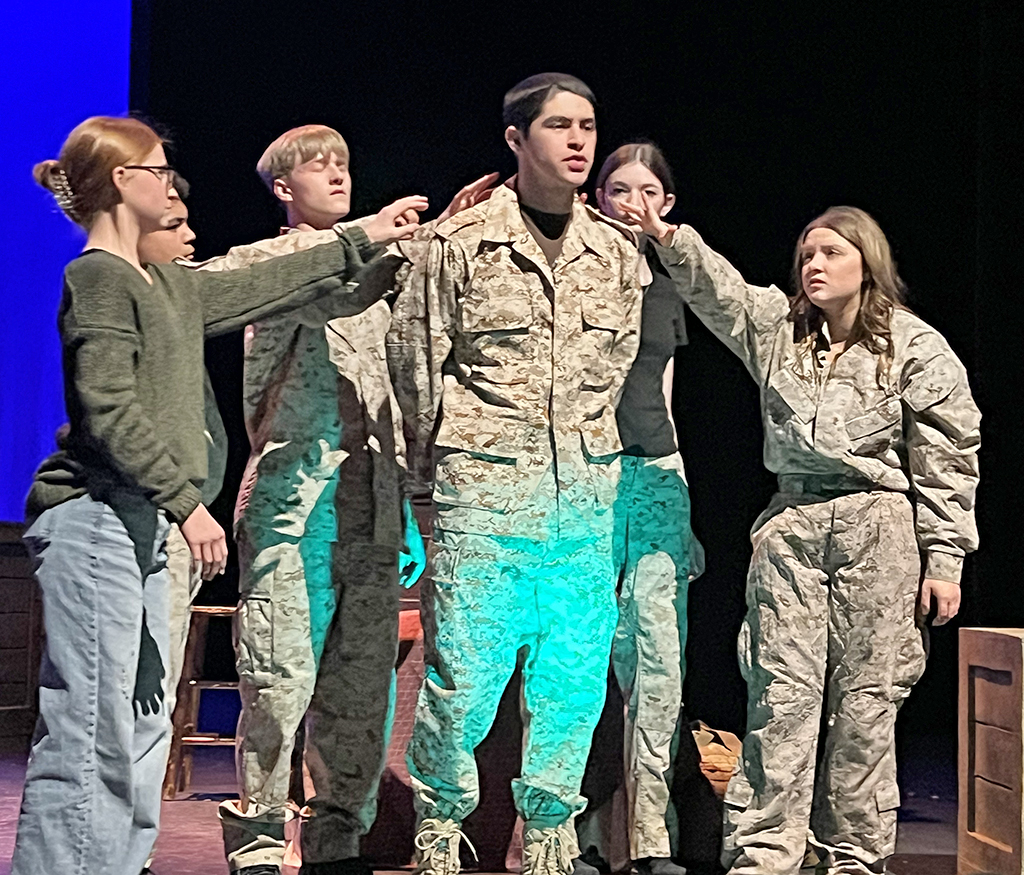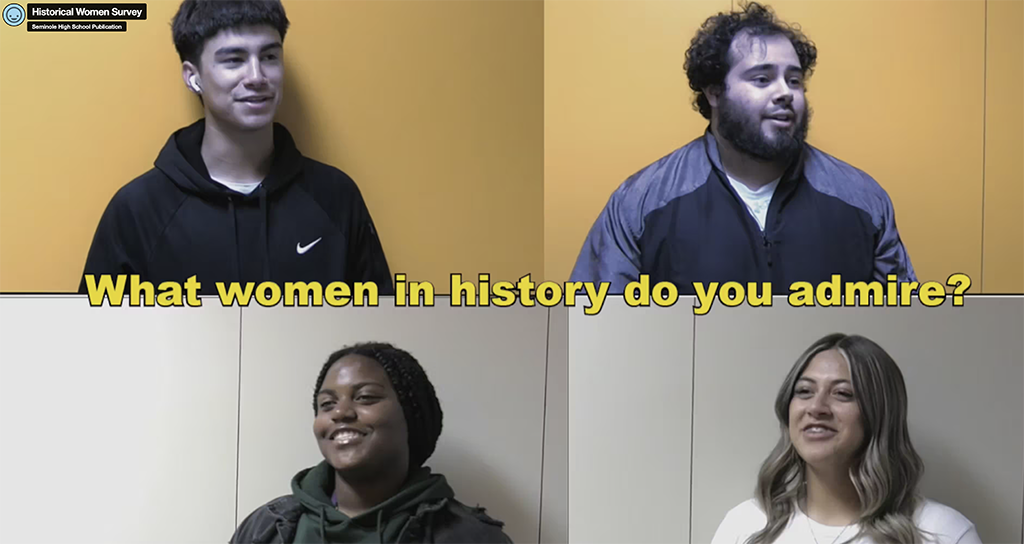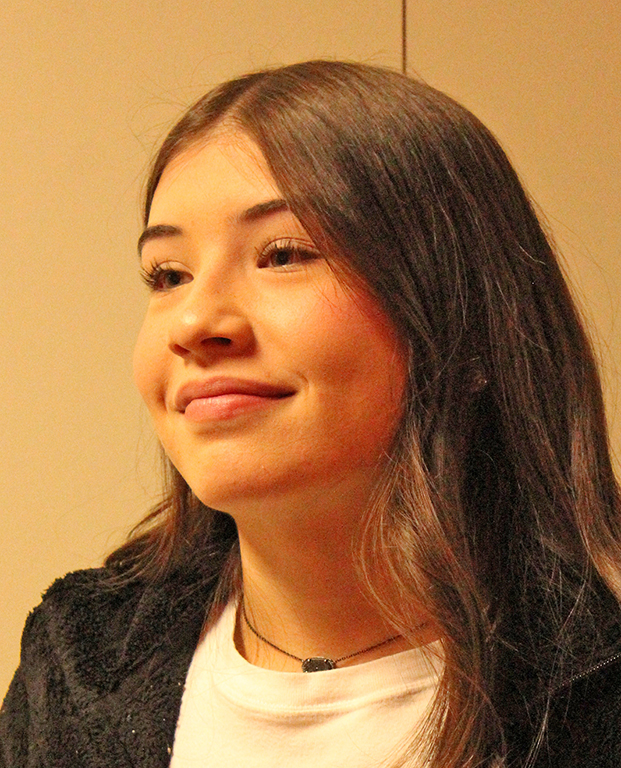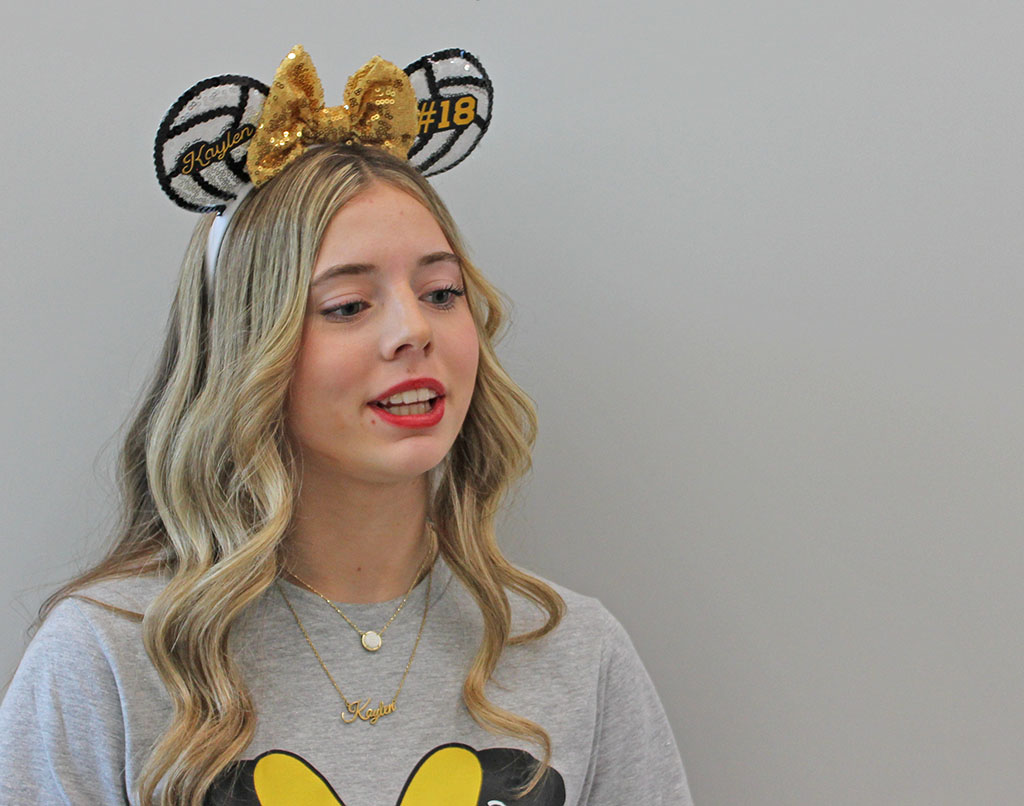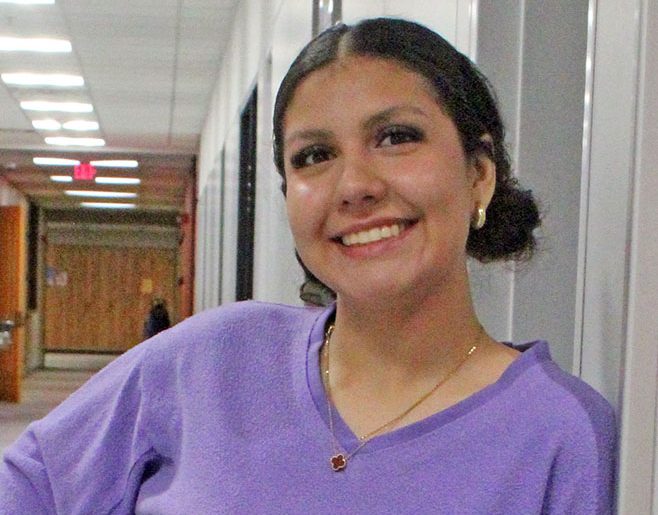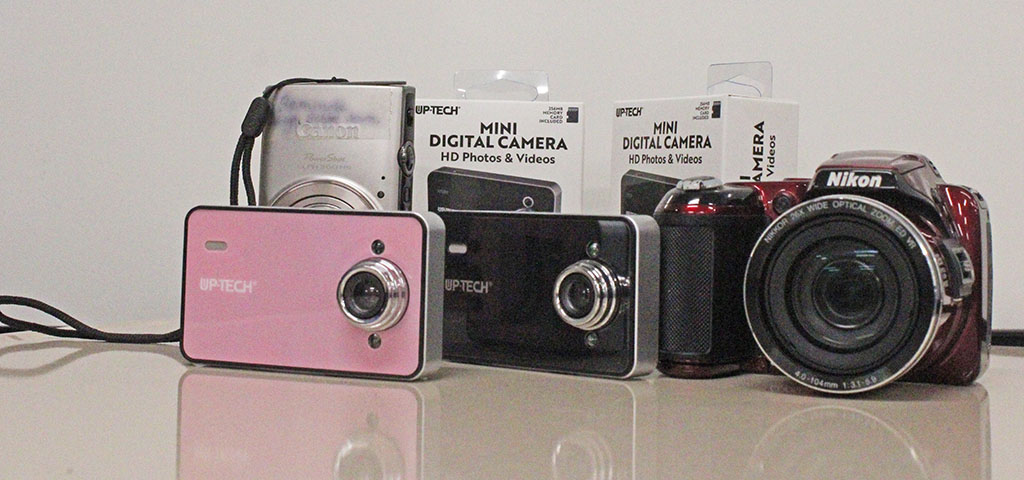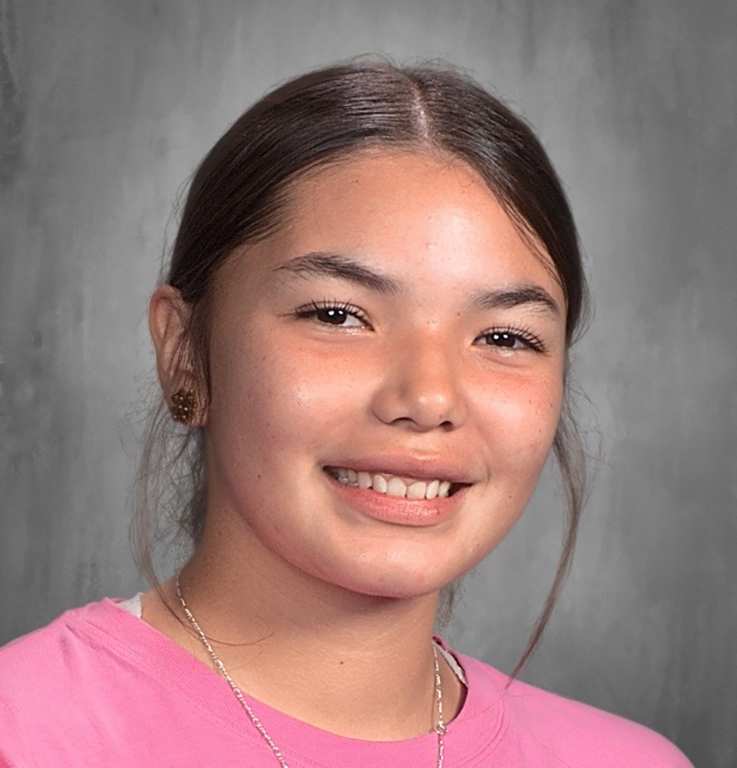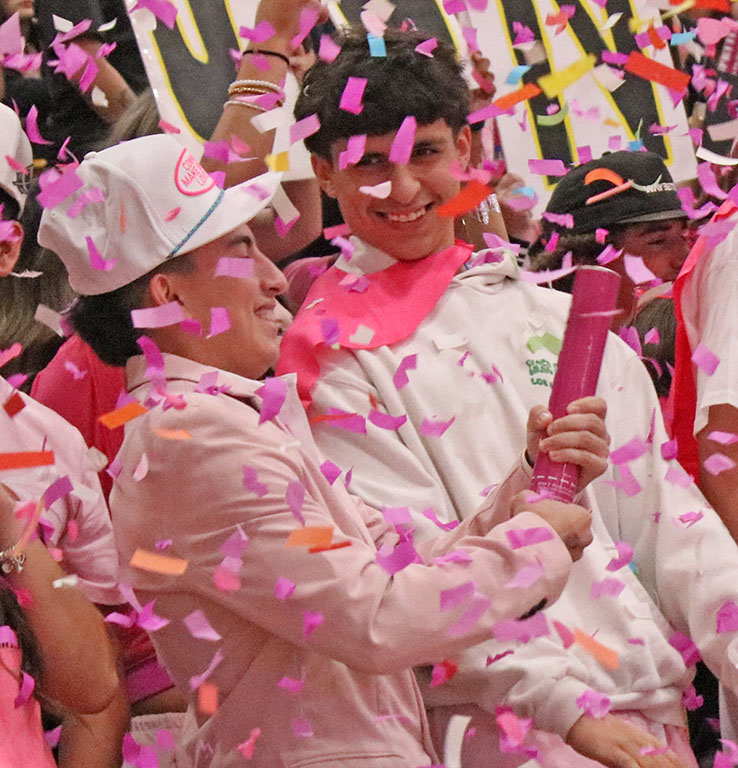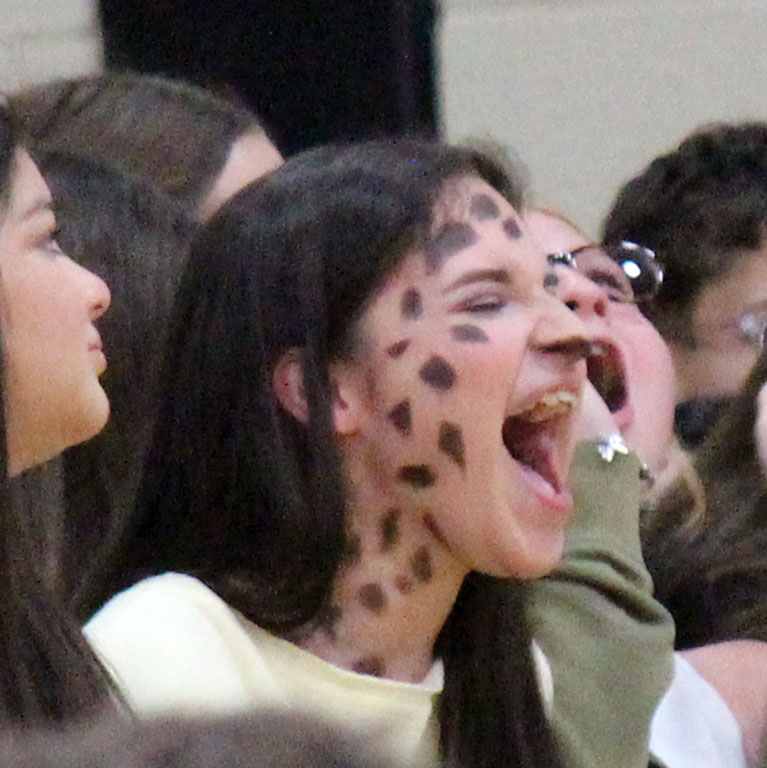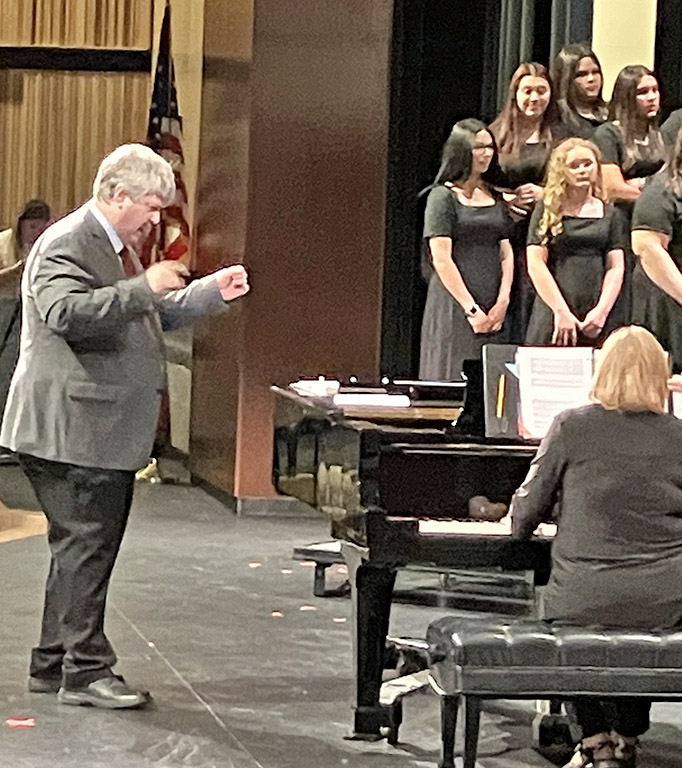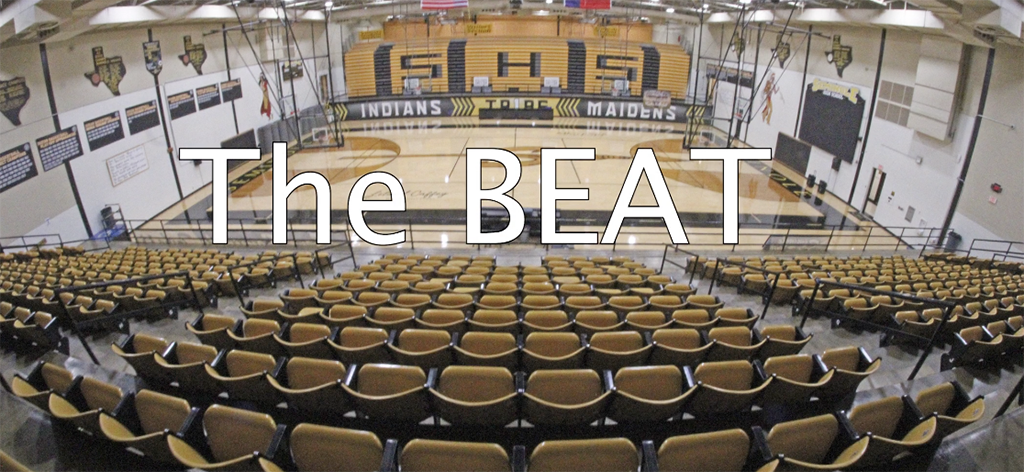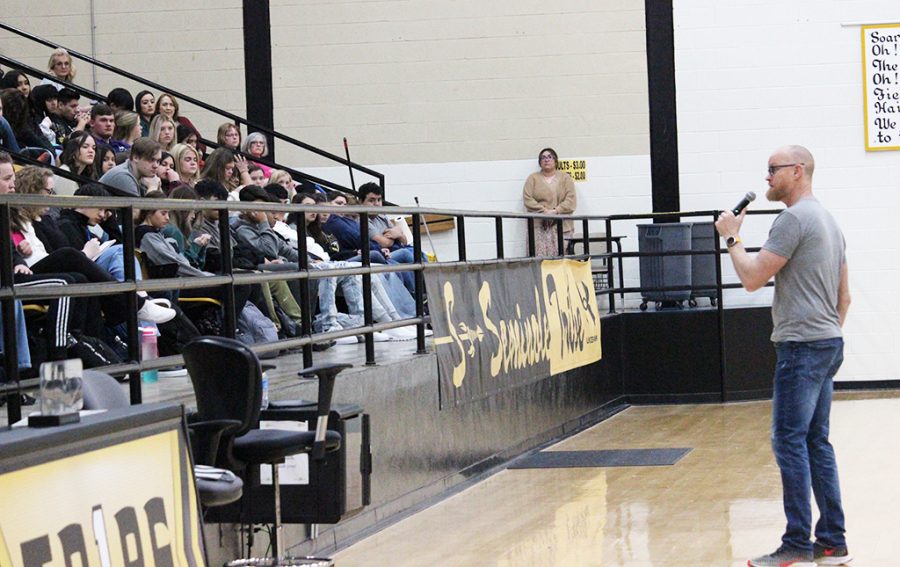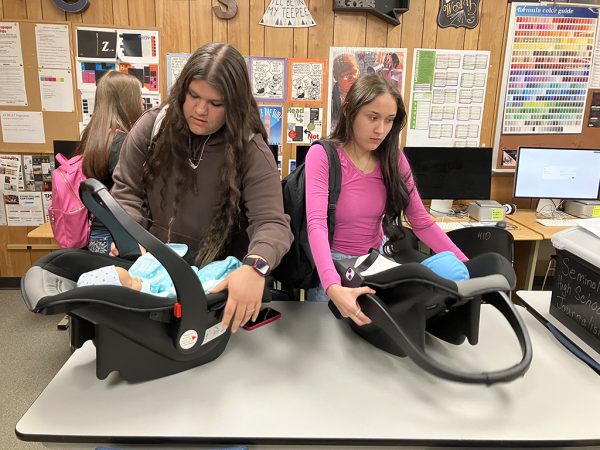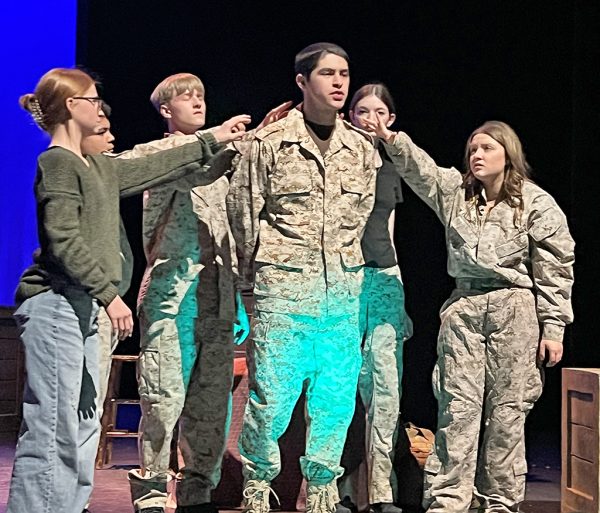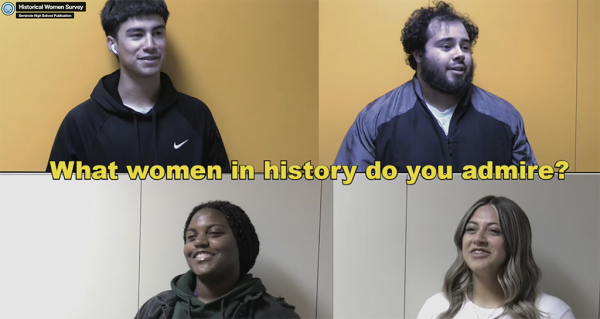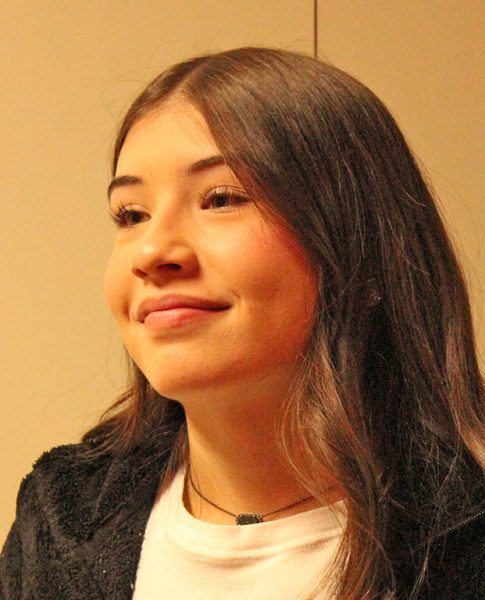Speaker gives advice on choices
Make good choices–Guest speaker Runk Runkles uses his life experiences to persuade students to make good choices during Tribe Time on Feb. 6.
An ever-present question for students is: How will this affect me? Students think of what will happen in the moment instead of how it will affect them long-term.
This was the focus of Tribe Time speaker Runk Runkles on Feb. 6-7. Runkles spoke to students about making better choices based on the ones he had made in his life. His focus was to help students make better choices.
“Overeating is a choice that results in bad long term consequences,” junior Valerie Klassen said. “Even though the immediate results are good–eating more–it isn’t good for my future.
During Tribe Time on Feb. 6-7, Runks Runkles came to talk to students about the importance of knowing how decisions and consequences affect everyday life.
Runkles goes across Texas speaking about his life and what he has learned from his bad choices and their consequences.
“I really liked the way he said that your actions have consequences,” senior Kevin Ronquillo said. “It is very true. While you might not see it right now, you will see it in the future.”
Runks also talked about how important it is to think of the consequences of actions, even if they are not big consequences.
“I do think bad choices in the past will affect the future,” sophomore Caimbrien Jones said. “Everything has a reaction. You can’t do something without affecting something else or causing something to affect the future.”
Freshman Ethan Laub said he doesn’t believe past actions usually have an impact.
“I don’t think the past affects the future,” Laub said. “Most things are small. There are only a few things that will affect your future. The only bad things that affect your future are things like a criminal record. If you break something small, you can repay it and learn from your mistakes.”
One way to offset a bad decision or choice is to rectify them.
“I ask for forgiveness when I do something wrong,” Klassen said. “When I make a bad choice, I like to ask for forgiveness and communicate with the person I hurt with my decision.”
Students can become self-aware and realize that even small choices and actions can result in the mental and physical pain of another person.
“One time on the Fourth of July, the kids of my family were throwing water bottles at a snake to get it out of a tree,” Jones said. “When we finally got it out of the tree, my little cousin picked it up and it bit him. It wasn’t a poisonous one or anything, but it was still bad that it bit him.”
A constant challenge students face in high school is peer pressure, but whether they fall victim to it or not is up to them. Ronquillo has given into it before.
“I joined UIL because my friend Abby was in it, and she wanted me to do it with her,” Ronquillo said. “I made the choice to join, and it has made me give up my weekends and plans I might have had because I did what she told me to do.”
Although what a person does in high school does not set their future in stone, life-affecting decisions can be made during those four years.
“I am in the career prep classes,” Klassen said. “Those classes help me to build knowledge of life after high school and what to expect when I go into the workforce.”
Not all good decisions have good results right away but will build toward benefits in the future.
“Working out is something that will help me long term even if the short term is painful,” Laub said. “Last Monday was leg day. Once I finished the workout, I could barely walk and climbing the stairs was painful.”
Surviving was one of Runkles’s messages, since he had survived childhood sexual abuse, overcoming depression, addictions and battles with suicide to “transform his life from desperate to dynamic”. That’s why he teaches about the cause effect relationship between choices and consequences to empower students to stop blending in and start standing out by making right choices.

